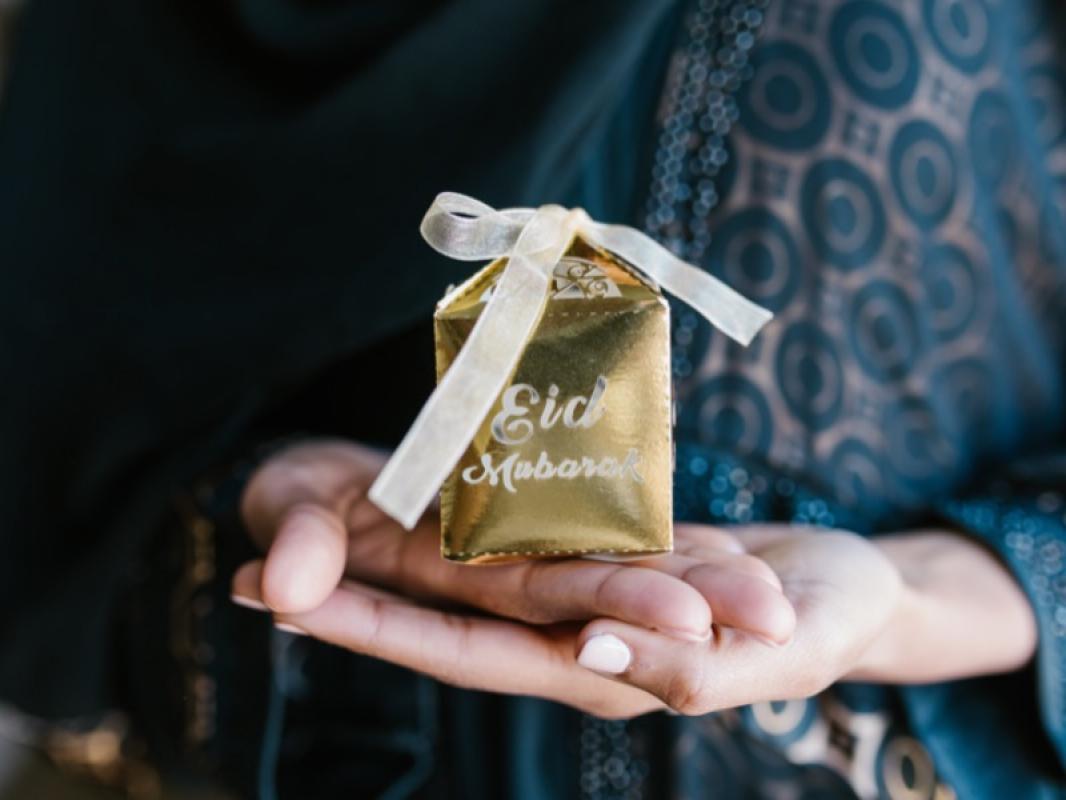The Indonesian national holiday to celebrate Idul Fitri, from 19-24 April 2023, is back with a celebratory mood similar to before the pandemic. As COVID-19 is largely under control, the government has removed restriction policies while preparing public facilities and transport policies for national mobility, a characteristically Indonesian tradition called mudik.
Indonesians in droves go mudik, or homecoming, to celebrate Idul Fitri (end of Ramadan) in their original hometowns with their extended families. Marking the end of the fasting month Ramadan, Idul Fitri in Indonesia is not just a Muslim ritual indeed; it’s a moment of Indonesian people to gather and express their collectivism by going home to their parents, spending time together with the majority of family members, asking for forgiveness from each other, and starting on a clean slate. Of course, what makes mudik so special is also Lebaran meals which await at home, usually consisting of the obligatory ketupat (rice cake wrapped in coconut leaves), accompanied by chicken opor, rendang, or sambal goreng ati.
This year, it is predicted that the event will be the biggest wave of mudik travelers since the start of the pandemic, numbering more than 120 million people. From the greater Jakarta alone, the epicenter of national political and economic activities, around 18 million people will travel.1 It will be for the first time in three years that the public will not be subjected to pandemic mobility restrictions.
As the new COVID-19 variant, Arcturus, has been found in Indonesia, involving symtoms such as high fever, conjuctivitis among children, breathing difficulty, headache, and cough, Indonesian epidemiologist in Australia, Dicky Budiman reminds the government that vaccination services must be boosted,2 especially in mudik destinations all over the country. To be sure, President Joko Widodo has also urged the public, particularly mudik participants, to complete their COVID-19 vaccinations before going homeward.3
With vaccination as key, the government seems to be confident in lifting up restrictions, working with various parties, such as the national police, to ensure that the massive mudik will be a safe and smooth public experience.
In fact, it can be said that the government encourages people to travel. The Ministry of Tourism, for example, creates a program called Beti Dewi, in which it offers trips to tourism villages with 25% discount. Beti Dewi, or Beli Kreatif Desa Wisata, promotes 100 tour packages based on the 100 best tourism villages of the 2021 and 2022 National Tourism Village Award (ADWI, Anugerah Desa Wisata) curated by tourism village managers and tourism awareness groups in the respective villages. To support this program, the Ministry also works together with partners and businesses to provide discounts for airplane tickets and hotel rooms.
Along similar lines, Maya Watono of the SOE’s holding of tourism and its supporting industries PT Aviasi Wisata Indonesia, or InJourney, announced that this year’s Idul Fitri holiday should be a catalyst for the revival of tourism after the crucial times of the pandemic, when the national tourism sector was thoroughly affected by the event.4
The hospitality industry is certainly ready to create opportunities. Hotels in big cities throughout the country are in a race to offer the best services for spending Lebaran holidays at their respective premises. Ibis Styles at Makassar, for instance, presents a package called “Lebaran Staycation”, promoting special rates starting from IDR 400,000. In Lombok, Holiday Resort Lombok offers a promotion called “Joy of Eid Family Staycation”, where families can enjoy the festive atmosphere while children can have fun riding horses with guides. In the capital city of Jakarta, Fairmont Jakarta puts up “Lebaran Holiday Package” that includes luxurious accommodation in spacious rooms and suites.
As the pandemic has significantly slowed down, Indonesians are keen to return to long-held traditions which are so dear to their hearts, and therefore allowing the economy to move along through a redistribution of prosperity from the centers of the country to various regions.


